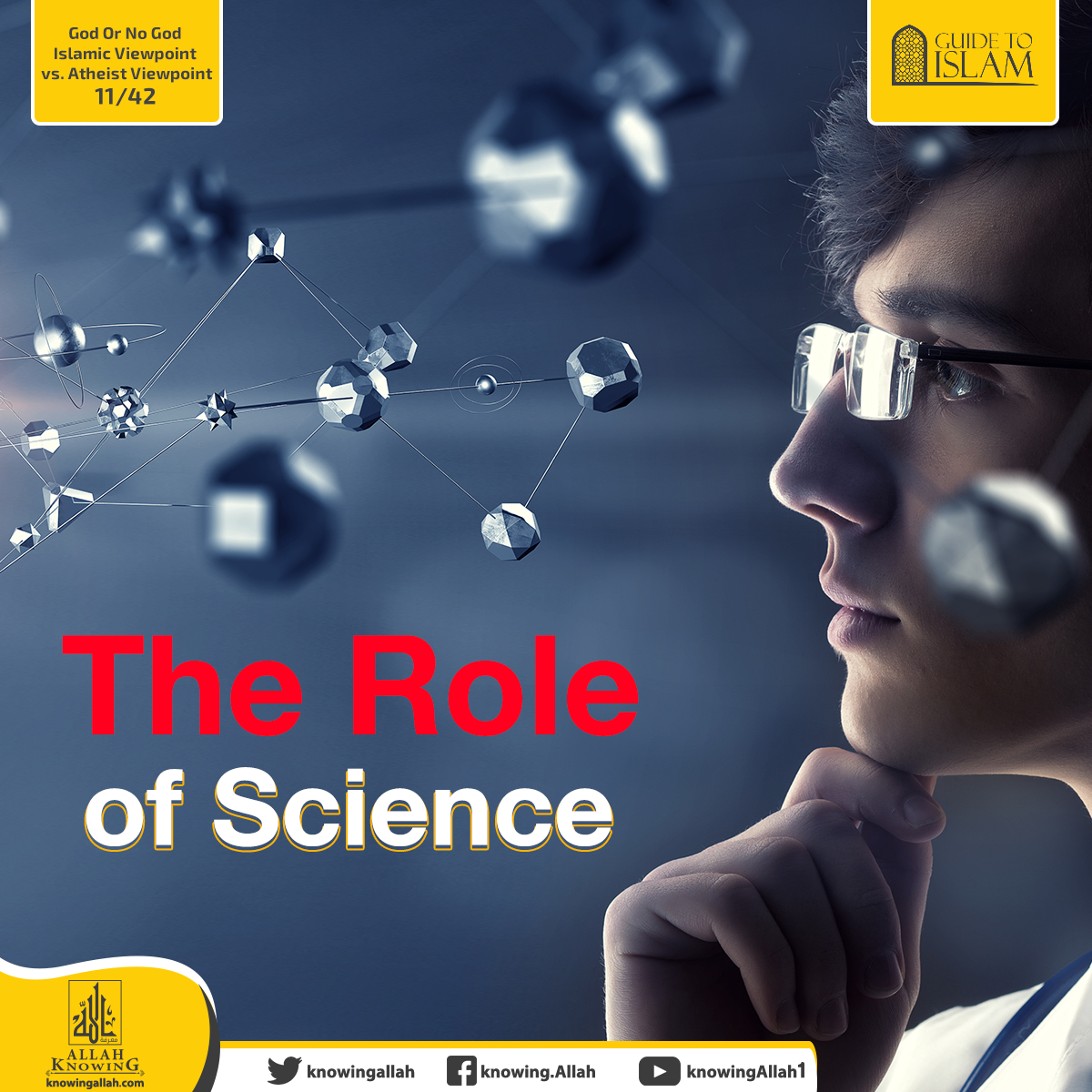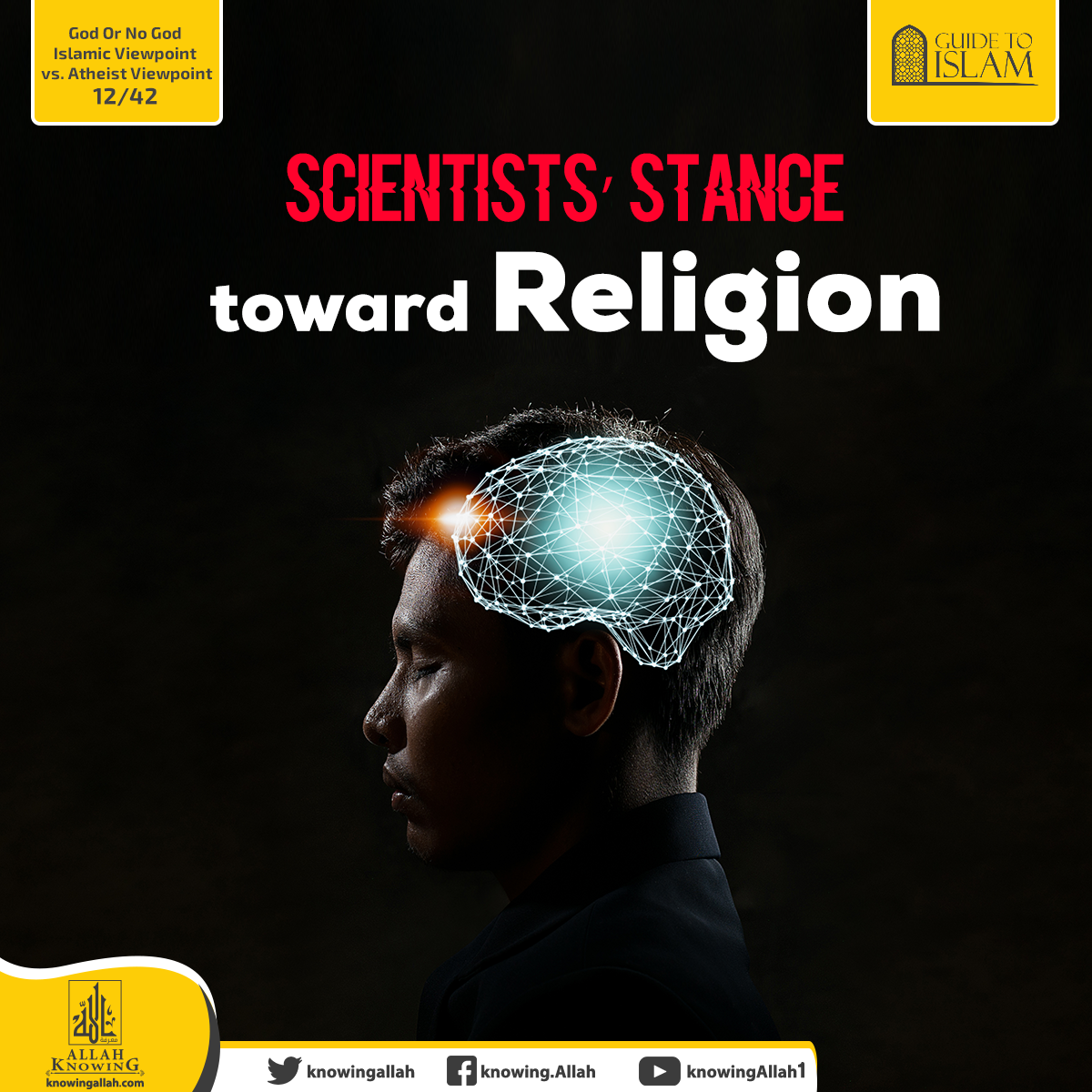The Role of Science
• Basically, science is about exploring and understanding the natural world through observation and experimentation. Diverse and infinite realities exist, both within and outside the reach of normal senses; and, it is through science that humans can learn about them to enhance their well-being.
• Science is not a fixed set of facts. It is an ever-changing flux; always open to new theories, explanations, and discoveries, which from time to time get changed, corrected, or disproven with up-to-date and more reliable theories replacing the old. The truth in science is never final.
• Just because science can explain many various unknown issues does not mean that it can explain everything. There are matters of morality, meaning, and purpose that lie outside the scope of science.
• Right and wrong do not come from physics, chemistry, or biology. Science does not instruct us how to treat one’s neighbor as oneself, how to clothe the naked and feed the hungry, or why it is wrong to murder, steal, bear false witness, or hurt others? Science is totally silent about all these topics.
“I am very astonished that the scientific picture of the real world around me is very deficient. It gives us a lot of factual information, puts all our experience in a magnificently consistent order, but it is ghastly silent about all and sundry that is really near to our heart, that really matters to us. It cannot tell us a word about red and blue, bitter and sweet, physical pain and physical delight; it knows nothing of beautiful and ugly, good or bad, God and eternity.” - Nobel Laureate, quantum physicist Erwin Schrödinger.
Collaboration rather than conflict
1. In Islam, conflict between science and religion is inconceivable. Religion comes from God and so does the universe, with all its laws and phenomena. True religion and accurate science, therefore, cannot contradict each other because their source is one and the same — God. They are components of one mission: explaining truth; religion through divine revelation, and science through investigation and evidence.
2. Islam emerges from the very first revealed Qur’anic word, the command, “Read,” as essentially a religion of knowledge in which growing in faith as well as understanding is what lifts up a human. The Qur’an specifically states:
“God will exalt in degree those of you who believe, and those who have been given knowledge.”
(Qur’an 58:11)
3. In the whole Qur’an, the only supplication for increase is:
“Say, ‘My Lord! Increase me in knowledge.’”
(20:119)
Throughout the Book, humankind is urged over and over to observe and reflect on creation. Thus, knowledge according to the purpose and essence of Islam is not only a matter of encouragement, but obligation. Prophet Muhammad (peace be upon him) said,
“Seeking knowledge is a duty for every Muslim (man or woman).”
(Sunan Ibn Majah)
4. Science and religion belong to two different but equally important realms of knowledge. They complement each other, and do not conflict because there is no overlap between the areas occupied by each. Since human beings are made up of both body and soul, they are both physical and spiritual beings. Science deals with the physical aspect of their world (the realm of facts, figures, and formulas), while religion deals with the spiritual aspect (the realm of beliefs, morals, manners, ideals, values, and meaning).
5. Both science and religion teach humans many things about themselves and the universe in which they live, often in complementary and intersecting ways. Science adds to faith and faith adds to science. They have important mutual interests and important contributions to make to each other.
6. Within this framework, every new scientific discovery represents a step forward in human knowledge and another step forward in appreciation of God’s amazing creation. The more humans learn about the mysteries of the universe and the human body, the more they become in awe of God.
“Science itself does not contradict the hypothesis of God. Rather, it gives us a window on a dynamic and creative universe that expands our appreciation of the Divine in ways that could not have been imagined in ages past.” Kenneth Miller.



